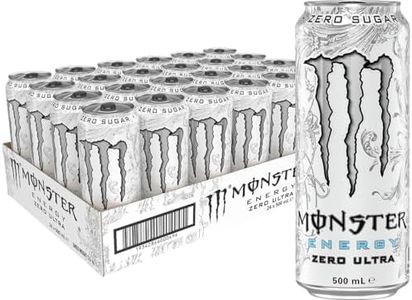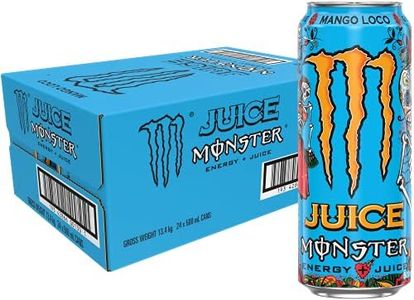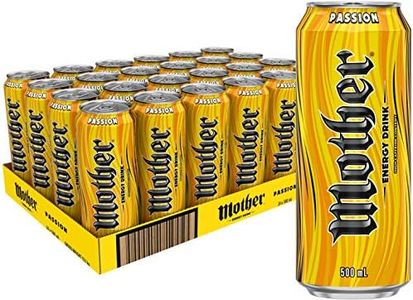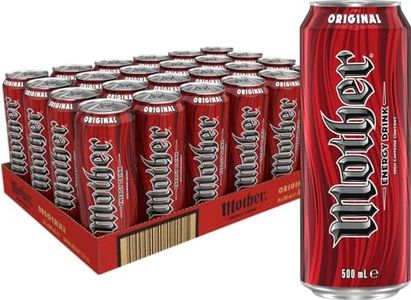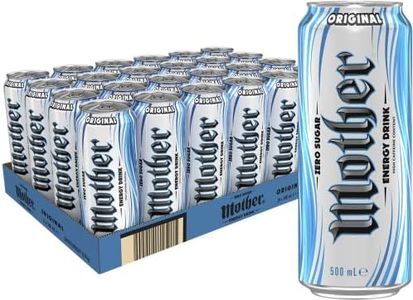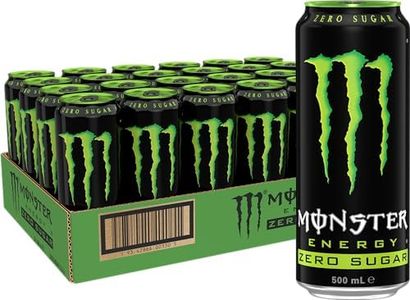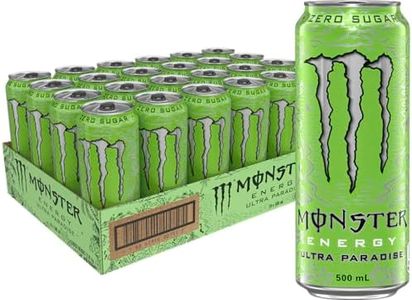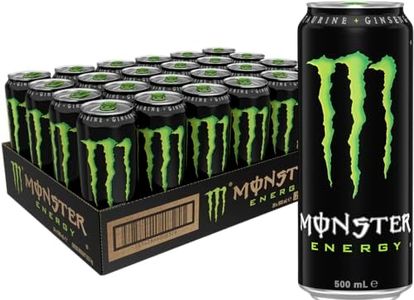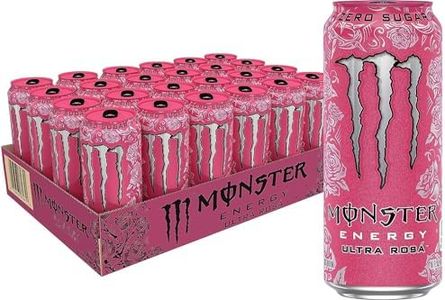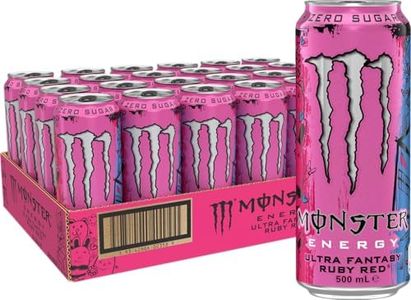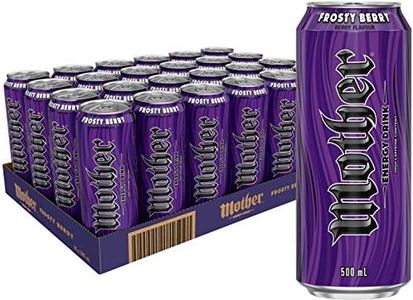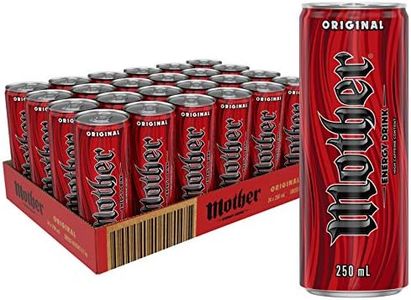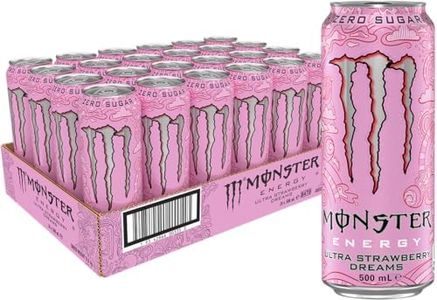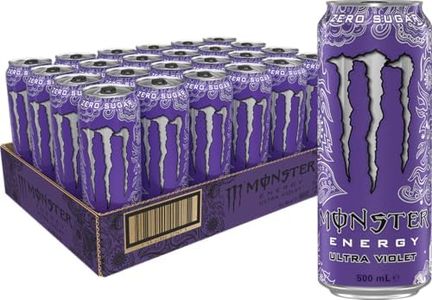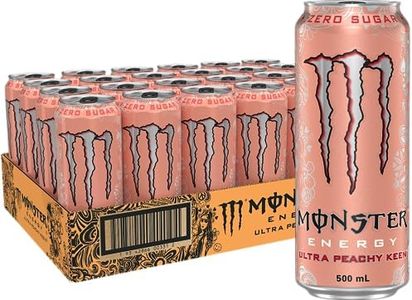We Use CookiesWe use cookies to enhance the security, performance,
functionality and for analytical and promotional activities. By continuing to browse this site you
are agreeing to our privacy policy
10 Best Energy Drinks
From leading brands and best sellers available on the web.By clicking on a link to a third party's website, log data is shared with that third party.
Buying Guide for the Best Energy Drinks
Choosing the best energy drink for you means understanding your own needs—why you want an energy boost, your tolerance to certain ingredients like caffeine, and your overall wellness goals. Energy drinks come in a wide range of types, so looking beyond advertising and flavor is important. Think about your daily activities, how sensitive you are to caffeine or sugar, and whether you want extra benefits like vitamins. Always read the label and be mindful of your personal health conditions.Caffeine ContentCaffeine is the main stimulant in most energy drinks; it helps you feel more alert and awake. The amount of caffeine can range from very low to very high. A typical can may contain anywhere from 50mg to over 300mg of caffeine. If you're sensitive to caffeine, choose drinks at the lower end (often under 100mg), which will still provide a mild boost without overstimulating you. Medium levels (100-200mg) are suitable for most people and give a noticeable energy increase. High levels (over 200mg) are best for people who have higher tolerance and need a strong effect, like athletes or night-shift workers. Consider how much caffeine you consume in a day from all sources, not just energy drinks.
Sugar ContentSugar gives a quick burst of energy but can also lead to crashes or unwanted calories. Some energy drinks are loaded with sugar (over 20g per serving), while others are sugar-free or contain low amounts. If you want to avoid sugar highs and lows, or if you are watching your calorie intake, look for drinks labeled as 'sugar-free' or with less than 5g per serving. High-sugar options are generally only suitable for those needing immediate energy replenishment, such as during intensive exercise, but remember long-term use may have health implications.
Additional Ingredients (Vitamins, Amino Acids, Herbal Extracts)Many energy drinks add extras like B vitamins, taurine, ginseng, or guarana to enhance energy or focus. B vitamins help your body convert food to energy; amino acids like taurine might help with athletic performance; herbal extracts may add mild stimulation or focus. Some people find these additions useful, while others prefer a simpler drink. Decide if these extras matter to your goals (like getting an extra vitamin boost or wanting more intense focus), and check for any sensitivities or interactions with other supplements you may take.
Serving Size and Portion ControlEnergy drinks come in various container sizes, from small shots (about 60ml) to large cans (up to 500ml). Smaller servings deliver a quick, easy boost with less risk of overconsumption, while larger cans give sustained energy but may lead to consuming too much caffeine or sugar. If you only want a quick effect or plan to use the product occasionally, single-serving sizes may be best. For a longer-term boost, larger cans might be more suitable. Always check the label to see if the nutrition facts are for the whole can or just part of it.
Carbonation and FlavorSome energy drinks are carbonated (fizzy) and others are flat. Carbonation affects the texture and how quickly you might drink it. Flavored choices range from fruity to classic cola or even herbal. If you have a sensitive stomach, non-carbonated or lightly carbonated drinks are usually more comfortable. Pick a flavor you enjoy since you'll be more likely to use the product as intended and not force yourself to finish a can.
